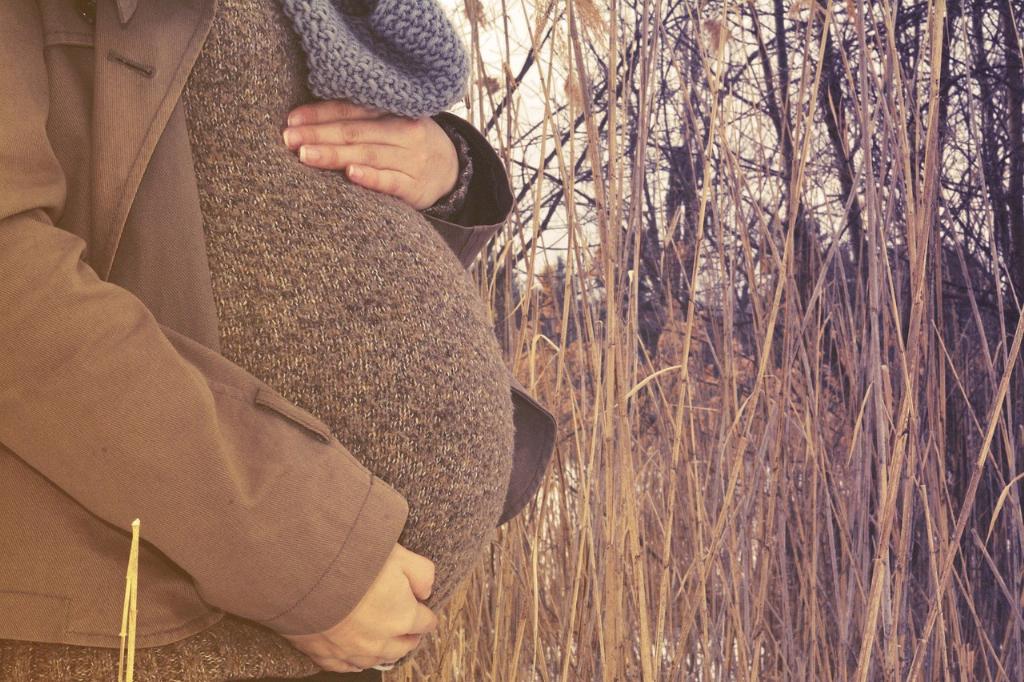Entering the realm of pregnancy can be a momentous time for a woman, with various physical and emotional changes taking place. During the initial weeks of conception, the body undergoes subtle yet crucial transformations that signify the beginning of this extraordinary journey.
Early Pregnancy Symptoms
Many women may not realize they are pregnant until after missing a period. However, around the 2-3 week mark, some may start experiencing preliminary signs such as bloating, mild cramping, or slight spotting. Additionally, heightened breast tenderness and an increased sense of smell can become noticeable during this period, serving as early indicators of pregnancy.
Implantation and Fertilization
At this stage, the fertilized egg begins its journey down the fallopian tube towards the uterus. Around 6-12 days after conception, the egg implants itself into the uterine lining. This process, known as implantation, can sometimes cause light spotting, which is one of the earliest signs of pregnancy that some women may observe at 2-3 weeks.
Cell Division and Development
Following implantation, rapid cell division commences, leading to the formation of the embryo. By the end of the third week, the embryo, consisting of about 100 cells, undergoes crucial developments such as the creation of the neural tube, which will later develop into the brain and spinal cord.
Hormonal Changes
Throughout the first few weeks of pregnancy, hormonal fluctuations play a pivotal role in sustaining the pregnancy. The hormone human chorionic gonadotropin (hCG), produced by cells surrounding the embryo, starts to increase rapidly, signaling the body to support the developing pregnancy.
Role of Progesterone
Progesterone, often referred to as the “pregnancy hormone,” plays a crucial role in maintaining the uterine lining and supporting the growing embryo. During the 2-3 week period, progesterone levels continue to rise, creating a nurturing environment for the developing pregnancy.
Importance of Prenatal Care
Early prenatal care is vital during the initial weeks of pregnancy to monitor the health of both the mother and the developing embryo. Seeking guidance from a healthcare provider can help ensure proper nutrition, address any concerns, and establish a comprehensive care plan for the upcoming months.
Emotional Changes
Aside from the physical transformations, pregnancy can also bring about a range of emotional changes. During the 2-3 week timeframe, individuals may experience a mix of excitement, apprehension, and joy as they come to terms with the prospect of impending parenthood.
Diet and Nutrition
Ensuring a balanced diet rich in essential nutrients is crucial for supporting both maternal health and fetal development during the early stages of pregnancy. Folic acid, iron, calcium, and other key nutrients play a significant role in fostering a healthy pregnancy.
Exercise and Activity
Engaging in low-impact exercises such as walking or prenatal yoga can help promote overall well-being during the early weeks of pregnancy. Staying active while being mindful of physical limitations can contribute to maintaining a healthy lifestyle throughout the gestational period.
Rest and Relaxation
Amidst the whirlwind of changes, adequate rest and relaxation are essential for both physical and mental health. Taking time to unwind, practicing relaxation techniques, and prioritizing sleep can support the body as it adapts to the demands of pregnancy.
Preparing for the Journey Ahead
As the journey of pregnancy unfolds, each passing week brings new milestones and discoveries that pave the way for the arrival of a precious new life. Embracing the changes, seeking support, and nurturing oneself are crucial aspects of preparing for the transformative experience that lies ahead.

